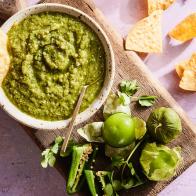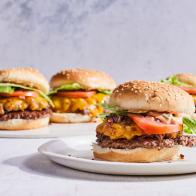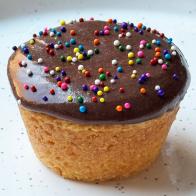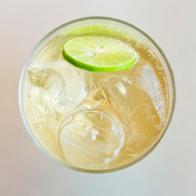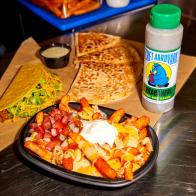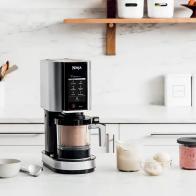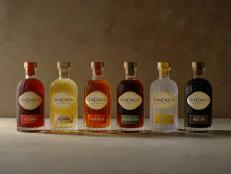This Week's Nutrition News Feed
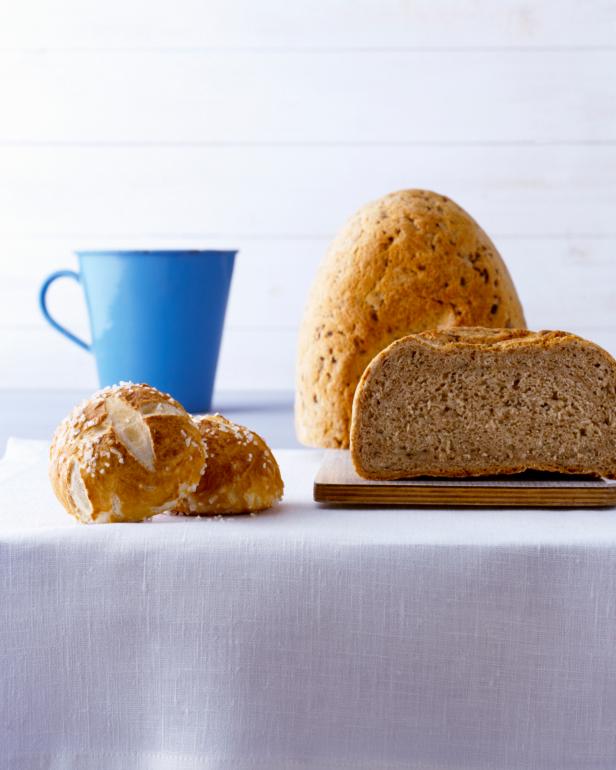
JackJelly
In this week's news: Having an off-again-on-again relationship with bread; debating the meaning of "natural" food; and naming as many Dr. Oz diet catchphrases as possible (it's a "miracle!").
Only about one percent of the population has celiac disease, about six percent are gluten-intolerant and, according to recent research, those who have gluten sensitivity may have another problem altogether. Nevertheless, more than a quarter of Americans say they’re cutting down on or eliminating gluten. In light of this, you might be surprised to learn that whole-grain bread is starting to get a lot of ink. Food world luminaries such as Michael Pollan are increasingly speaking up about the benefits of artisanal bread products and, this summer alone, carb lovers can look forward to meetings like the "Kneading Conference" (from the Maine Grain Institute) and "Grain Gathering" (brought to you by the Bread Lab in Washington State). Yet don't judge a book by its cover (or a grain by its husk?). The bread/no-gluten trend might not be as discordant as it appears. Most of the flour in commercially sold foods is white -- made from grains that have been refined to remove the nutrient-rich germ and bran. What's left is something called endosperm, a tissue that happens to house the plant's gluten supply. Eat white flour, and you're essentially mainlining gluten. Whole wheat, on the other hand, is rich in not just nutrients, but also a number of proteins that seem to temper the gut irritation people complain they feel when they eat gluten. This means that, at least for non-celiacs, whole-wheat bread may offer a way to have your bread and eat it too.
N early 60 percent of 1,000 respondents polled by the Consumer Reports National Research Center said that they look for the term "natural" on food labels. Two-thirds of those surveyed said that they think the word means that a processed food is devoid of artificial ingredients, pesticides or GMOs. That's not always the case, however. In actuality, the FDA doesn't have a strict definition of the term "natural" and the agency says it won't object to its use as long as there are no artificial or synthetic ingredients. Pesticides and GMOs? Totally fine. Yet in the same Consumer Reports survey, 90 percent of respondents said they believed that GMO foods should be labeled and meet government safety standards. In other words, we're looking at a pretty wide information gap. (The poll showed similar confusion for the phrase "raised without antibiotics," which most took to mean that no other drugs were used, either.) The lesson: The best way to find out just what "natural" means in a packaged food is to do a little research (it's kosher to call the company and ask). For the lazier among us, cutting back on processed foods will also do the trick.
If you've ever tuned into The Dr. Oz Show, you're probably familiar with the enthusiastic language the program liberally applies to health and wellness products: "Miracle!" "Solution you've been looking for!" "Number one!" Earlier this week, Oz himself was asked to testify before the Senate Subcommittee on Consumer Protection, Product Safety and Insurance about this kind of weight loss product promotion. Last year alone, Americans spent approximately $2.4 billion on weight-loss products, a category that, according to the Federal Trade Commission, is the most common source of consumer fraud. Oz, specifically, has come under scrutiny not just because of his flowery language, but also his wide reach. Green coffee bean extract turned white-hot after an Oz show appearance, and the Federal Trade Commission ultimately sued one purveyor for capitalizing on this to make bogus weight-loss claims. It's that part of the problem which Oz pointed to, saying that his statements are often taken out of context and that he looked forward to working with the FTC on enforcing marketing boundaries. If even a little progress could be made to curb bogus diet products, well, that would be a miracle solution worth applauding.
Sara Reistad-Long writes about science, wellness and lifestyle. She is the co-author of The Big New York Sandwich Book and can be followed on Twitter: @sarareistadlong


